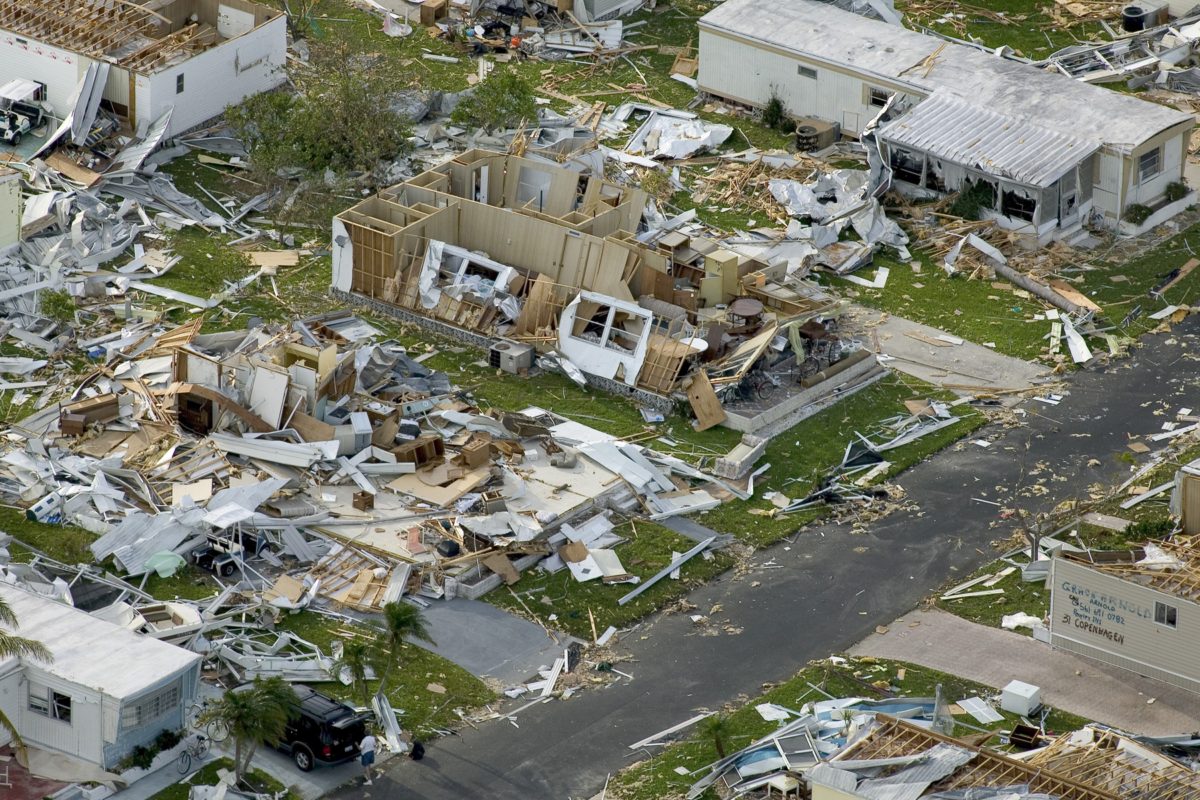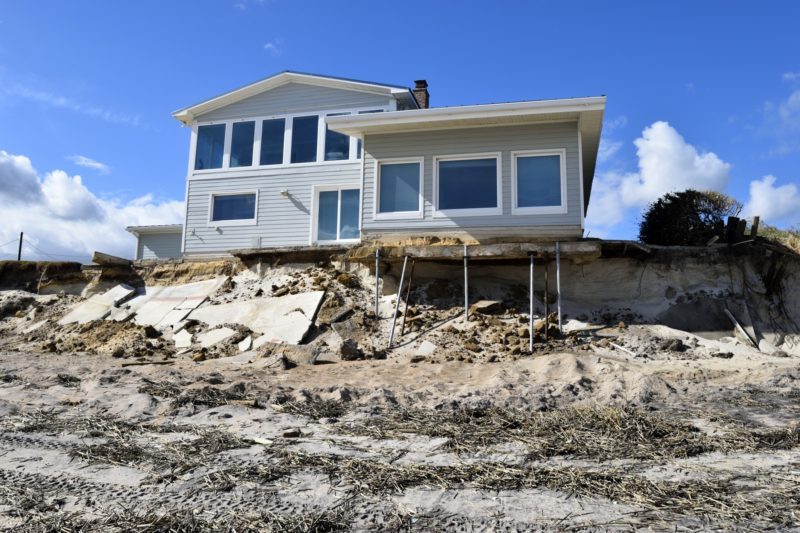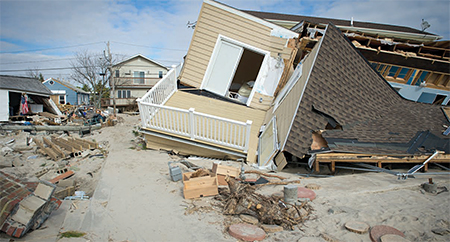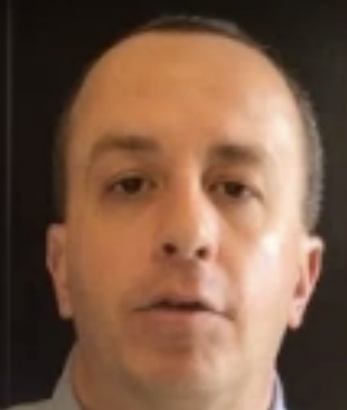
Protecting Your Investments From Natural Disasters
No matter how you slice it, if you’ve been watching the news lately you most likely notice that there has been an increase in natural disasters. Natural disasters are not to be taken lightly. They cause indiscriminate destruction and affect everyone no matter their social status or political affiliation. As an investor it is extremely important that you are alert to any potential risk from natural disasters and that you take measures accordingly.
While it’s tempting to invest in some beautiful beachfront properties in a tropical location, they also come with increased risks that could threaten your property. Hurricanes, floods, tsunamis, and rising sea levels due to global warming affect coastal zones all over the world. If you are a planning to flip a beachfront property, you may not be too concerned about doing so in a hurricane zone because you know that you will get rid of that property quickly. But if you plan on investing on rental property, or on buying and holding properties, you need to do some risk assessment. If you are already a multi-millionaire, maybe your economic situation won’t be damaged too much if you lose a single beachfront home. But if you really can’t afford to lose your investment, then it is a good idea to pay attention to the physical risks associated with having real estate in a high-risk zone.

Not every part of the world is prone to the same natural disasters, or has the same likelihood of being affected by them. For example, California is prone to earthquakes and wildfires, whereas Florida, Texas and Hawaii are on hurricane zones. It pays to do your research and see what natural disasters are endemic in the area. If you’re not sure what kind of disasters to expect, you can consult websites such as https://disastersafety.org/ to see what to look out for in your zip code.
Once you know what kind of disasters could happen, what steps can you take to protect your investment? A good place to start is home insurance. Home insurance policies vary a lot. Some only cover your initial down payment investment on your home, and others charge a higher premium to fully cover the current value of your home. Some might ask for an even higher premium to cover the property from common natural disasters. Make sure your property is well protected; review your insurance regularly and calculate whether it’s a good idea to increase or decrease coverage and premiums as the value of your property changes. Don’t just get the most basic coverage and leave it on checked forever. It won’t do you any good to wait too long, since no one can predict natural disasters.

Consider the fact that direct physical damage to a property isn’t the only risk. For example suppose that you have a home in California and there’s a wildfire, and your home is the only one that survives the wildfire. If half of the neighborhood is wiped out, how is that going to affect the value of your property? What if the city’s infrastructure suffers a lot of damage, and there is a huge power outage, and it would take a few weeks for power and water to be restored. How is that going to affect the ability and willingness for tenants to pay rent?
Something else you can do to protect your property is to make sure that it is built to code. Every city and state has a different set of standards. As a general rule, building codes are more concerned with the safety of the people inside the property the property itself. Codes do offer basic protection to the structure, but protecting the structure will require additional measures. Obviously this will require additional costs, but consider them an investment. Not only can they make the difference between having your property surviving natural disaster or being completely wiped out, but also by building your property to code, you might be able to earn a discount on your insurance, and even increase the value of the property.
Yet another thing you can do to protect your investment is to make sure that you diversify your investments. Don’t put all of your eggs into one basket. Instead of putting all of your capital into a single, luxury property in a high-risk area, consider buying several modest properties, spread out geographically. For example, instead of buying three homes in a row in the same neighborhood, maybe you can buy one in Chicago, another one in Seattle, and another in San Diego. Or instead of only putting all of your money into homes, maybe you can put some of that money into a real estate mutual fund. By spreading your risk, even if one house were to be destroyed in a natural disaster, your investments won’t be completely destroyed.
If you’re looking to diversify your investments, give us a call today and see how you Louisville can be a great place for your real estate investment.

